In our work here in Ecuador, and especially as we prepare for Christmas, a sentiment that constantly comes to mind is hope. Hope for opportunities for the children in our programs. Hope for new pathways as a result of high quality education. And in particular, hope for healing for the children living at the Mission Home. We want to share the story of one child that has brought us much hope these past few months. To protect the child’s privacy, we have changed any identifiable details.
Maria eating lunch after living at the Mission Home for one year. She trusts and loves Charito like a mother.
Maria is 4 years old and has been living at the Mission Home for the last 2 years. She came to the Mission Home with her two siblings. When she first arrived, it was hard to ignore the physical and emotional signs of trauma that she had endured. Most significantly, she walked with a severe limp that had not previously been assessed by a doctor. She often sat down from the pain after only 5 minutes of playing. There were smaller signs as well. She rarely smiled, said almost nothing, and every mealtime would eagerly await her food and devour it in minutes. We see this frequently in new children that have experienced severe food insecurity.
Today, Maria seems like a different child. After evaluation and treatment at the children’s hospital in Guayaquil, she no longer walks with a limp. She has attended Tutor Jackie’s preschool/kindergarten class for the last two years and is one of the most active participants. Anytime she sees a camera, she runs over to offer her almost humorously enormous grin. She shares any treats she receives with her two siblings, and is the most attentive friend to Regan. Whenever we visit the home, she is the first to run to the gate to give Regan a hug.
- Hugs! Jim, Regan, Maria, and one of the other little girls that lives with Maria.
- Maria preparing to go to recess with her class.
Maria’s story is not unique, but is a testament to childhood resilience and to the power of love. Maria has lived with a group of 12 other young girls since arriving at the home, and is cared for by one of the missionary women named Charito. Charito has unending patience for all of the girls under her care, and with her gentle but consistent presence walks with those that require the most healing. Charito uses several techniques to help the girls in her care build resilience. In Maria’s case, she found it extremely important to reestablish routines that calmed Maria (regular meal times, a bath every night, and a story before she got in bed). She also focused on enhancing her feelings of safety, staying in the room until Maria fell asleep for her first several months at the home. Maria struggled with self-regulation, and Charito found that keeping a hand on her shoulder through her tantrums rather than ignoring them produced better results. Maria also meets with the staff physiologist regularly, but is always happiest to be back in Charito’s care at the end of the day. The path has not been direct. Maria has had many regressions and still has behavioral issues in school. But her progress is undeniable, and you don’t need to look further than her smile to know that she feels genuinely loved.
- Maria lays down on Charito’s lap during a bus ride to town.
- Maria loves having her hair braided before school each day.
We are grateful for the hope that Charito has brought to Maria’s life. We are grateful to witness how transformative this love and hope can be despite her history of trauma. And we are grateful for all of you for being a part of Maria’s journey by supporting the Mission Home!
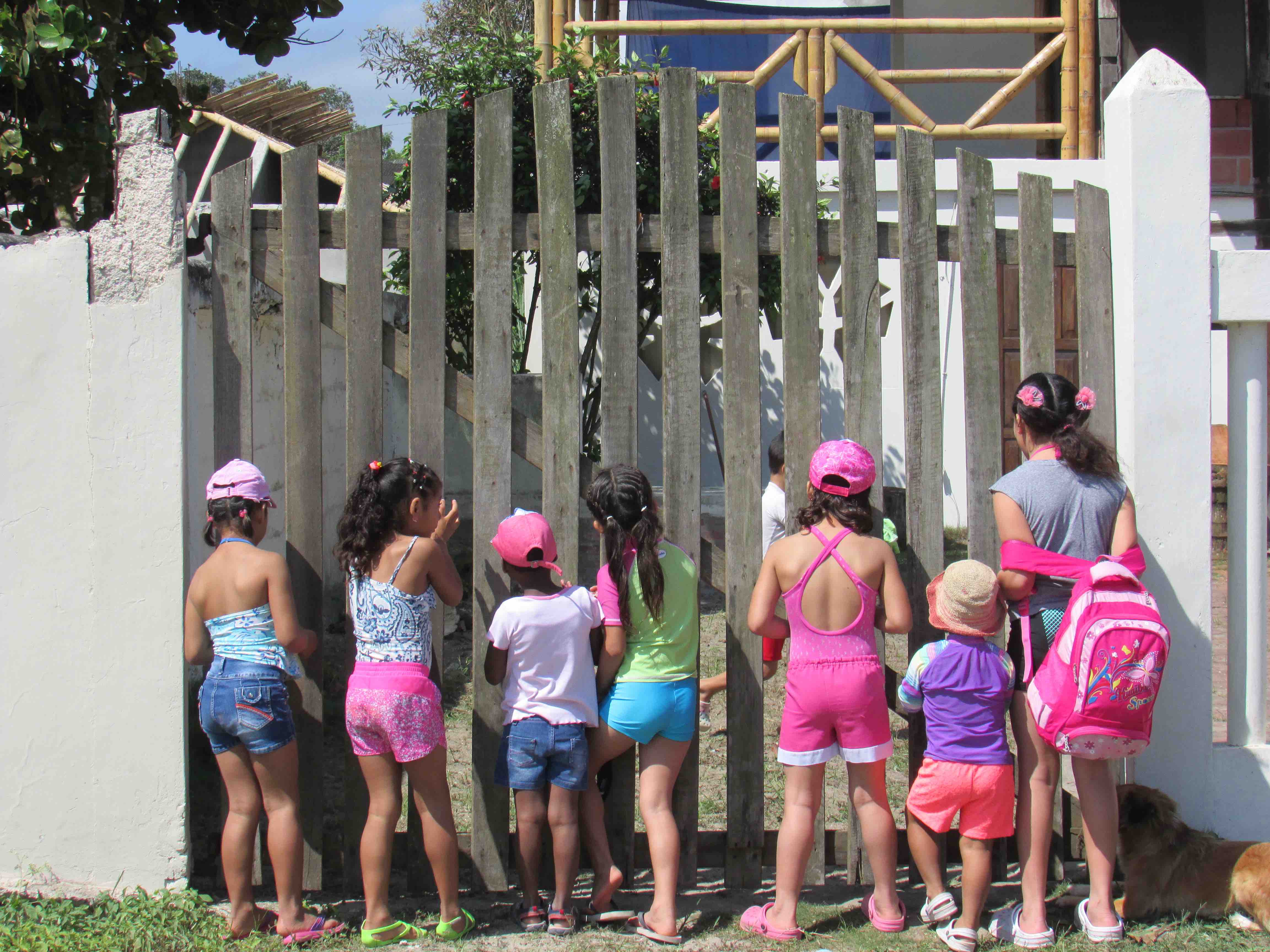


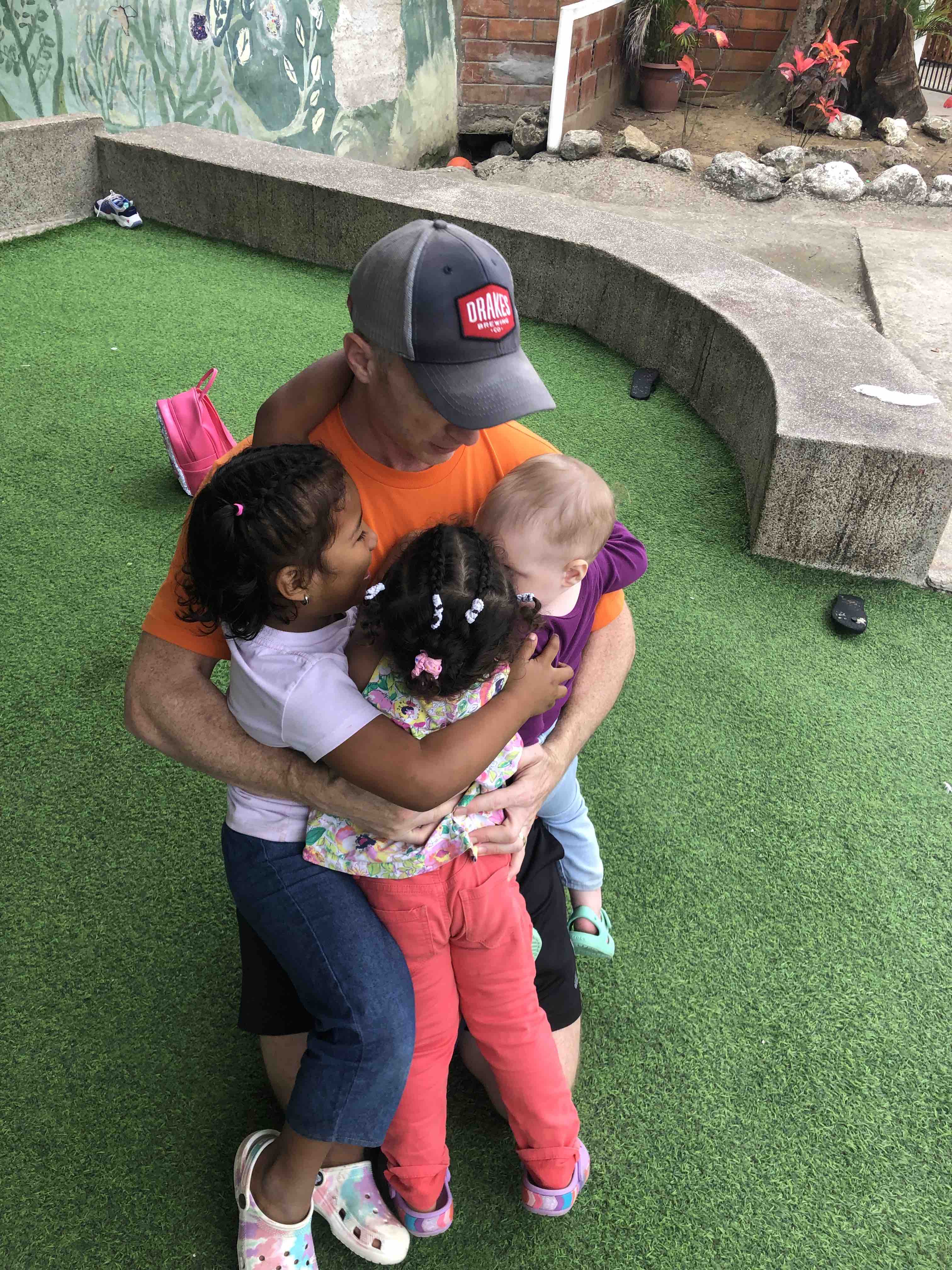
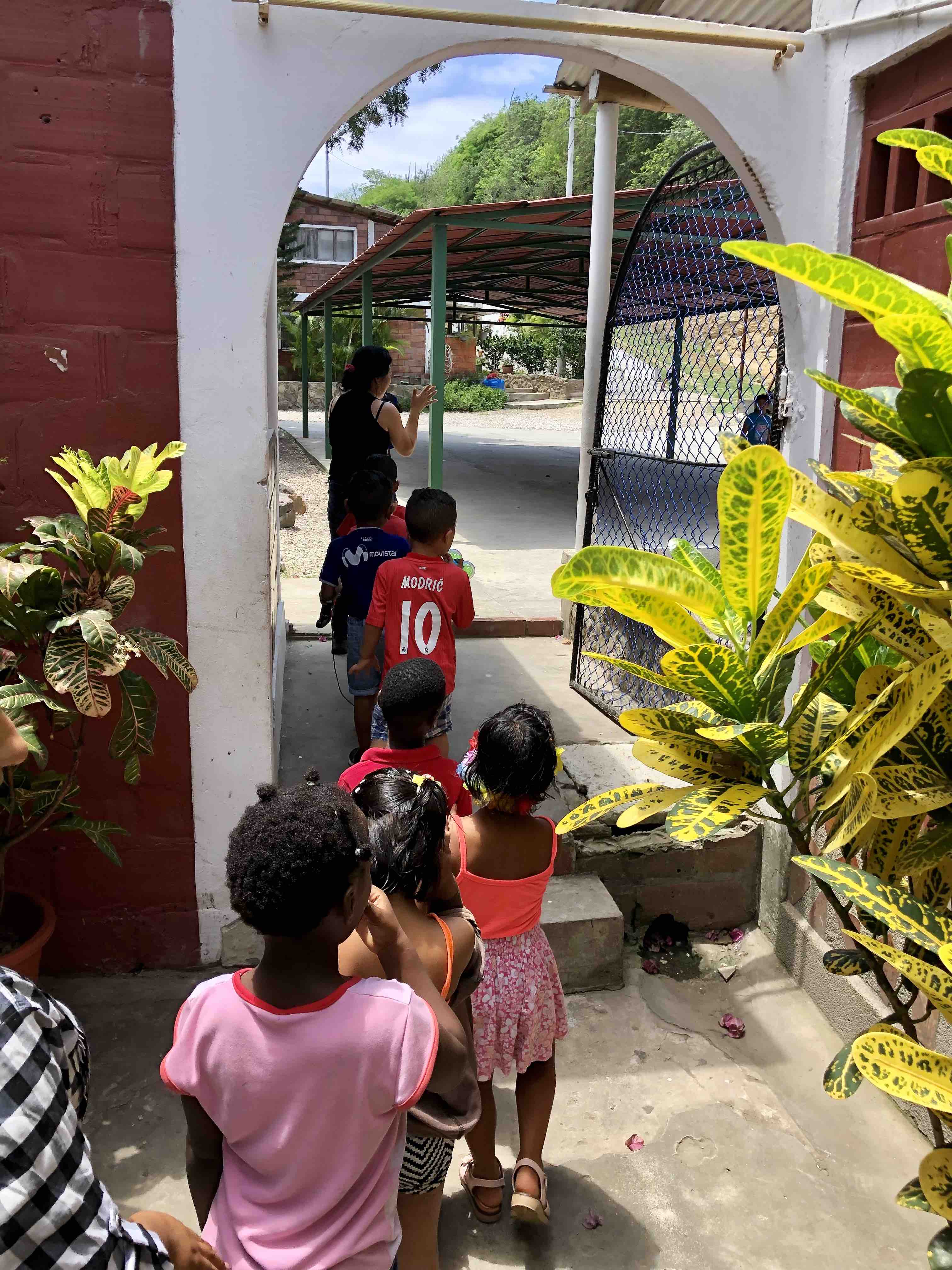
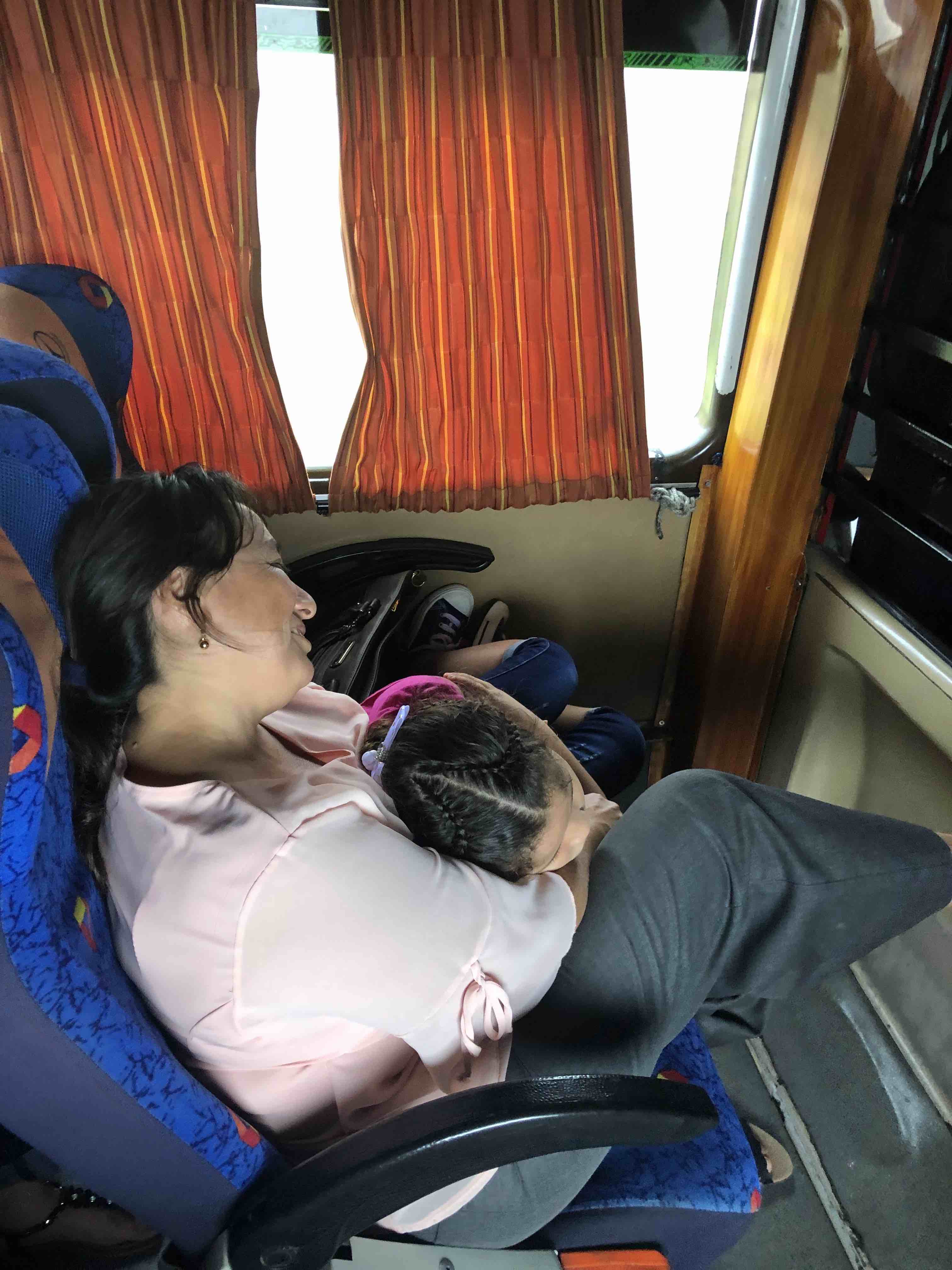
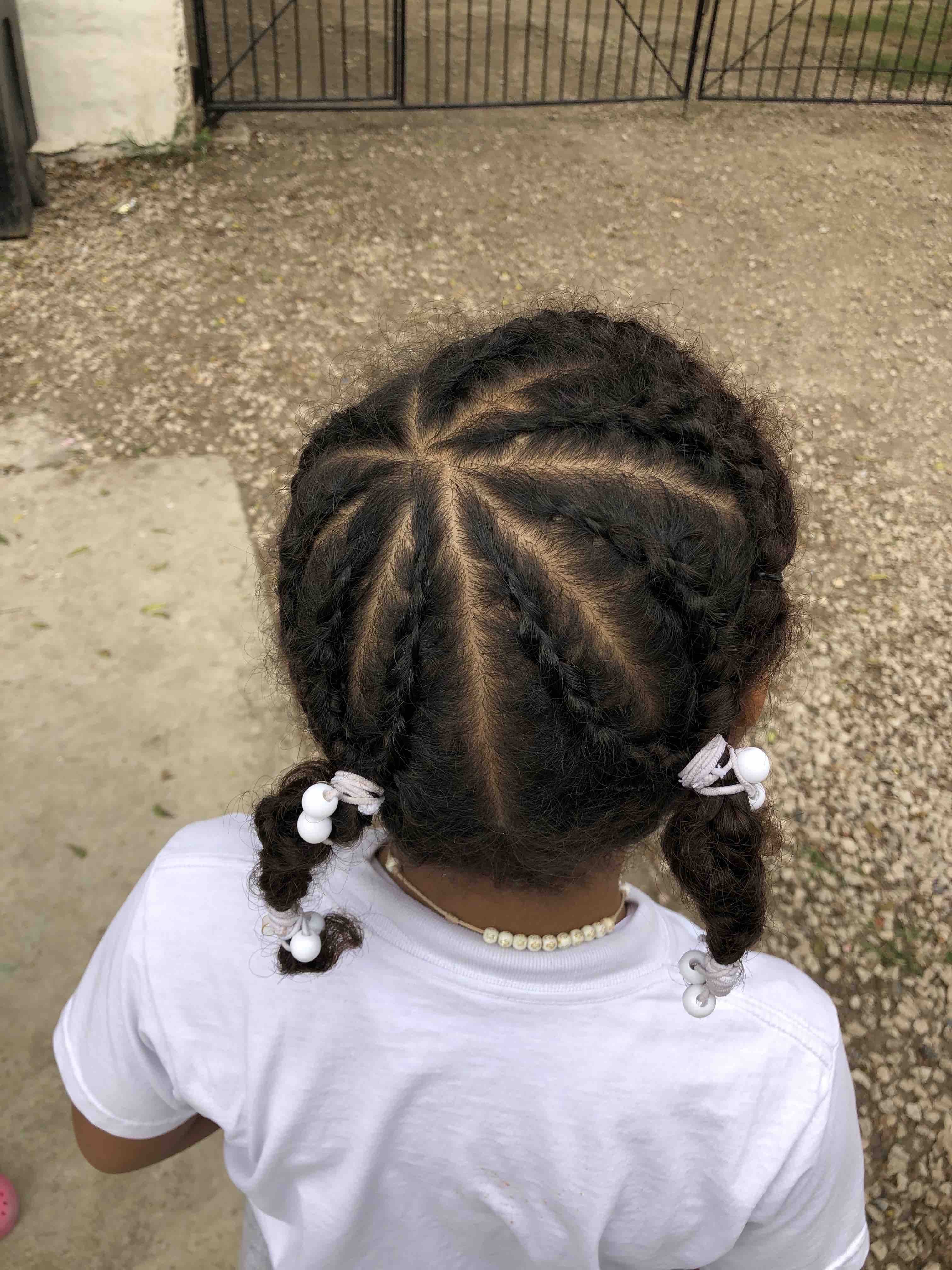
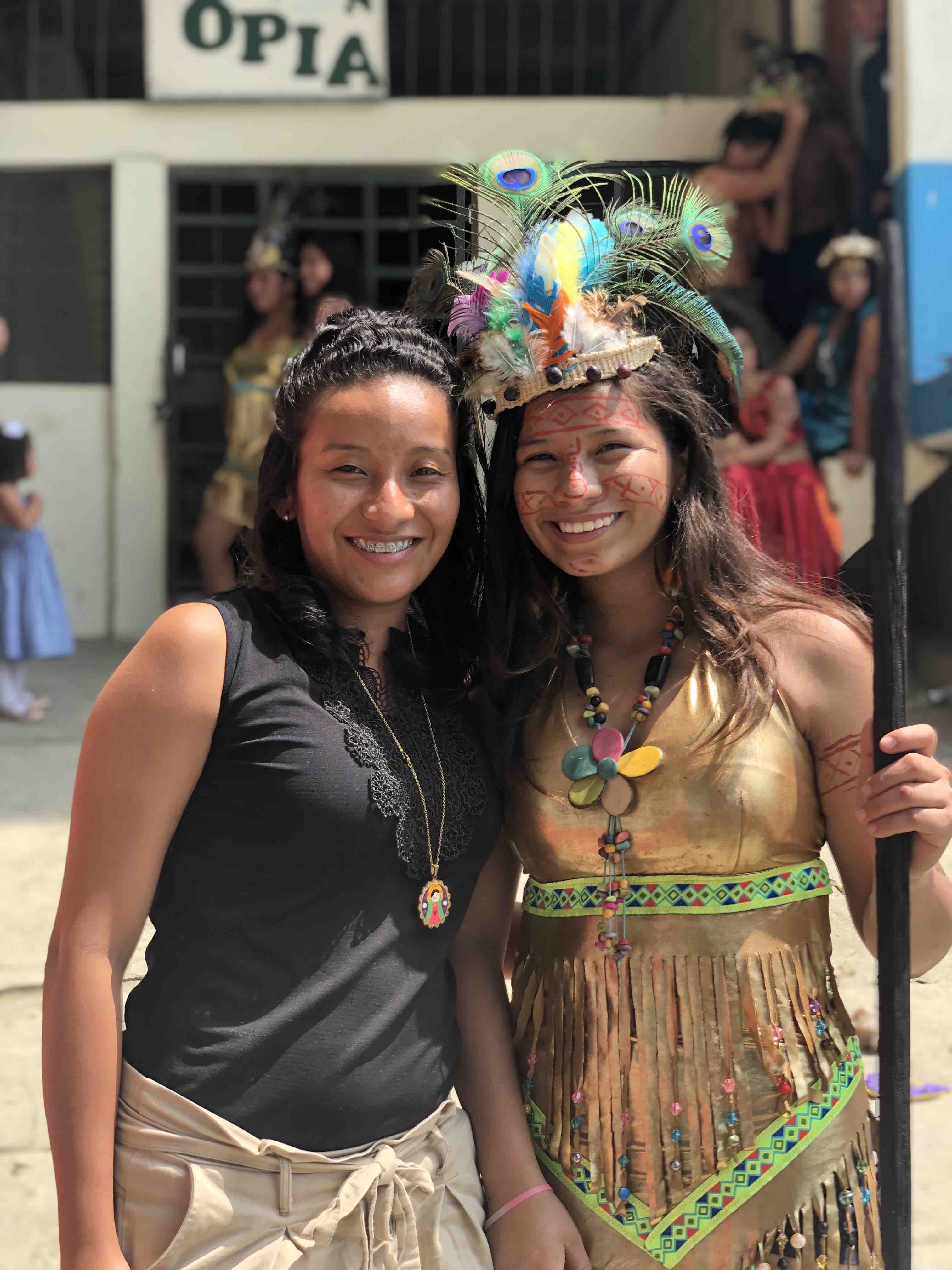


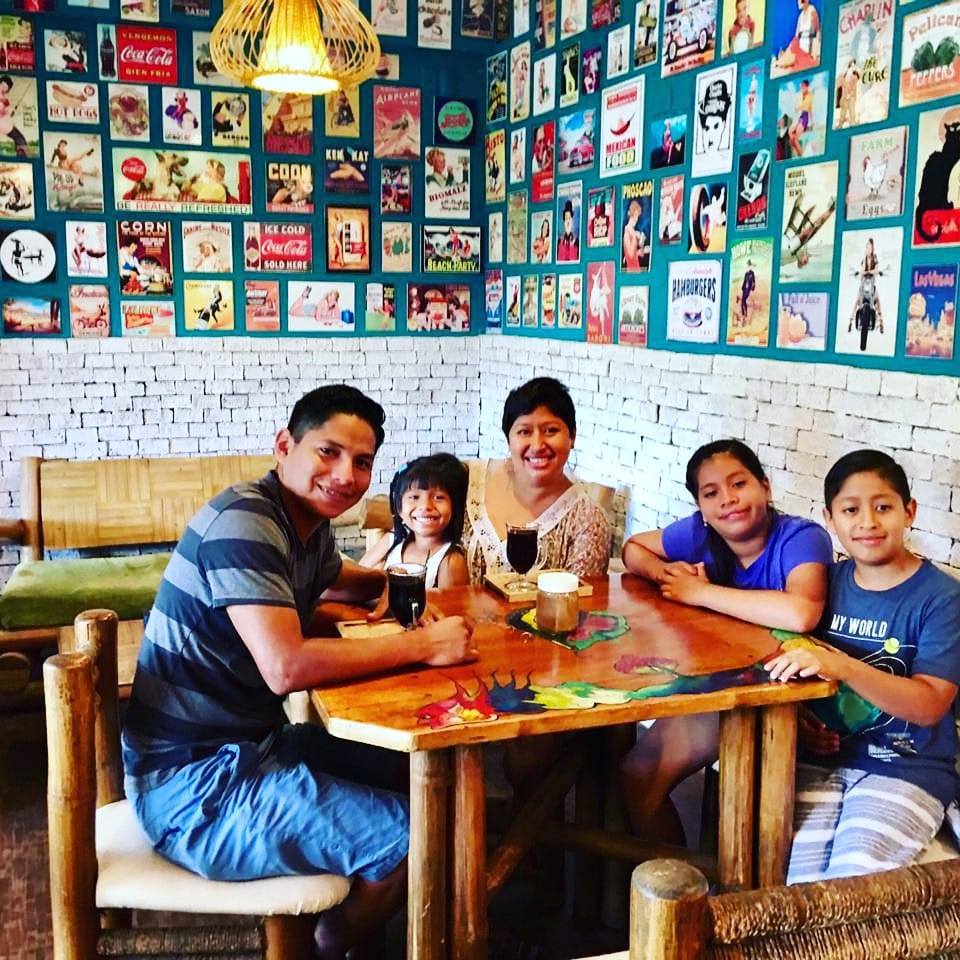
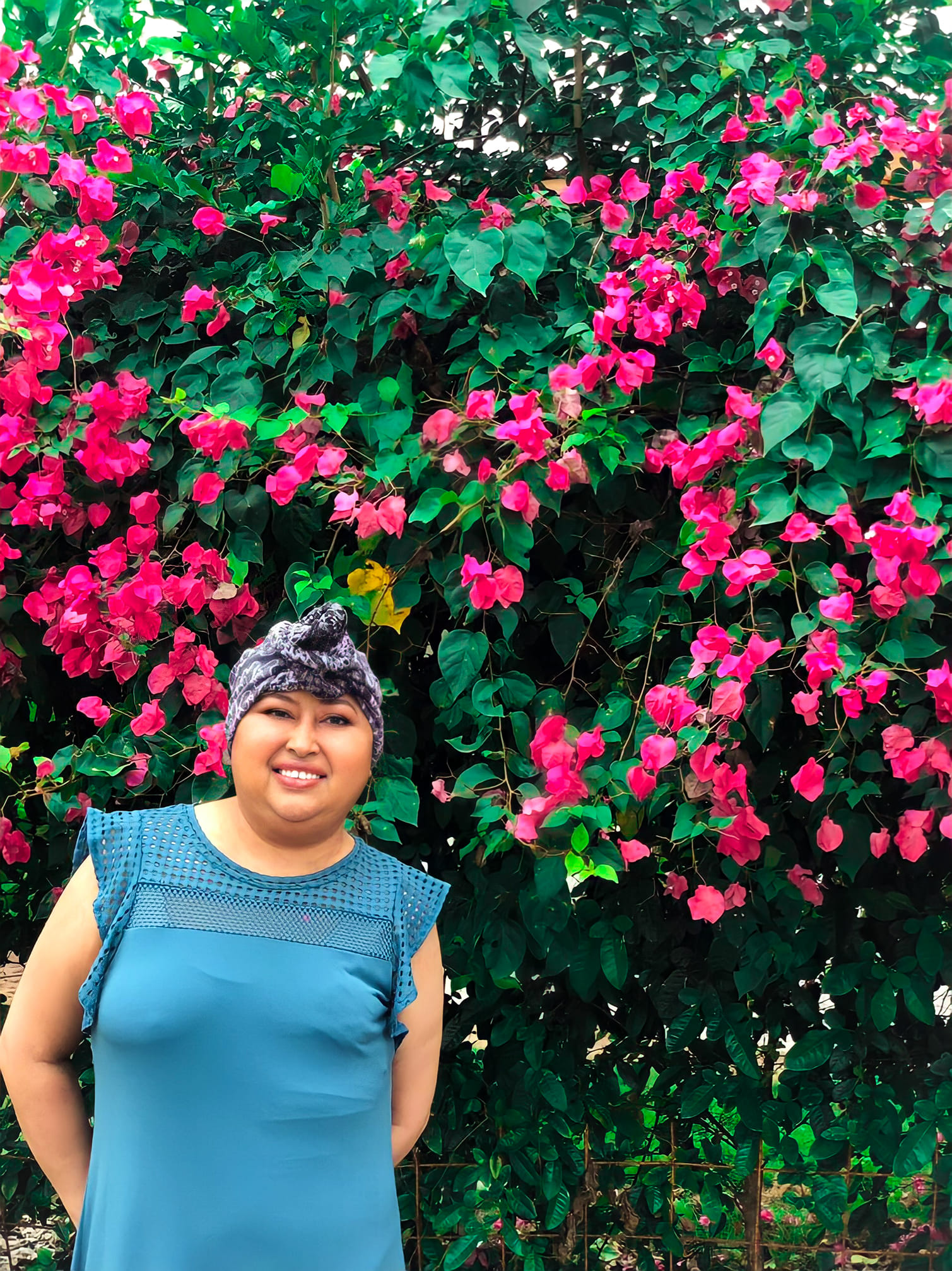
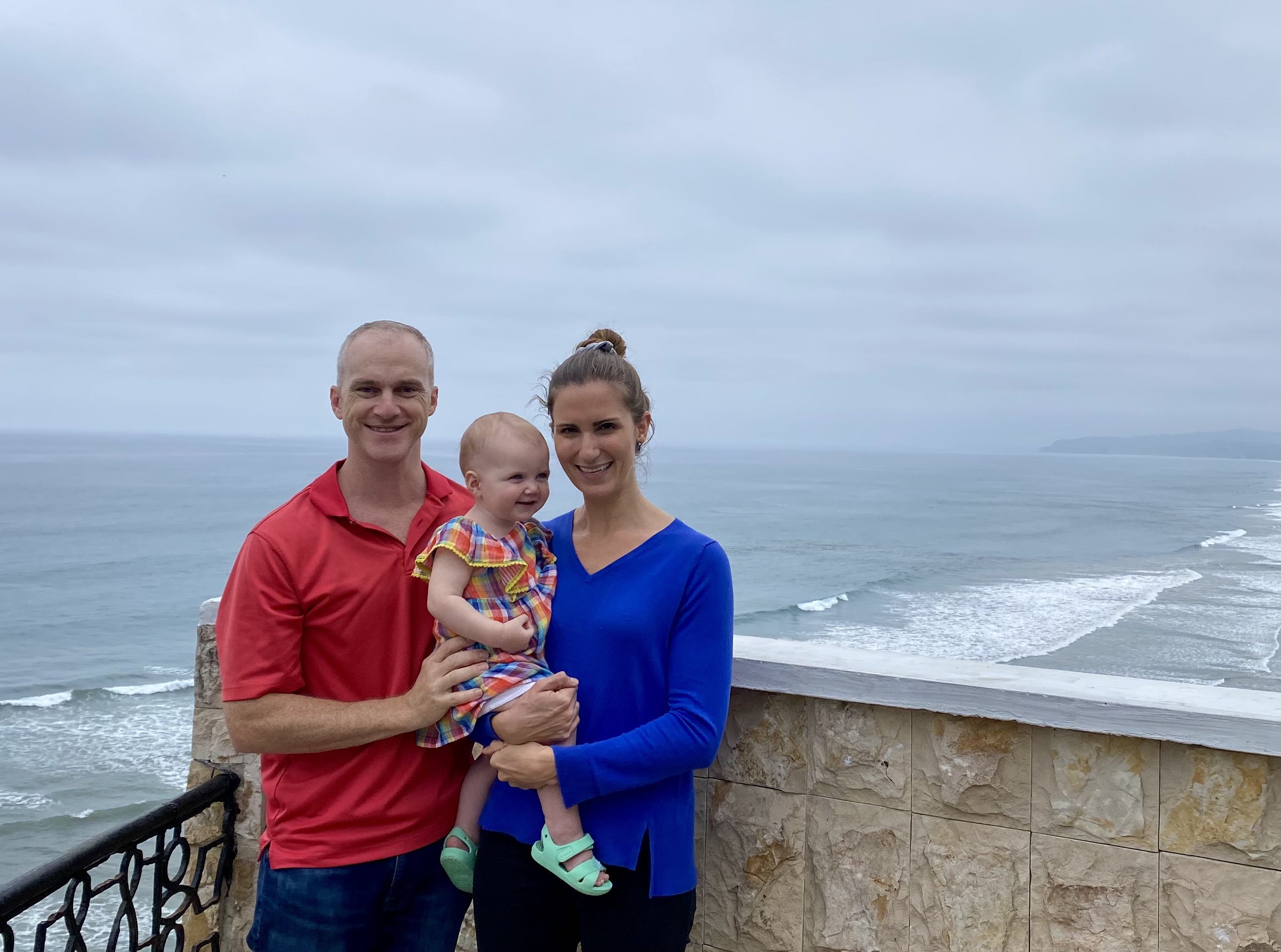
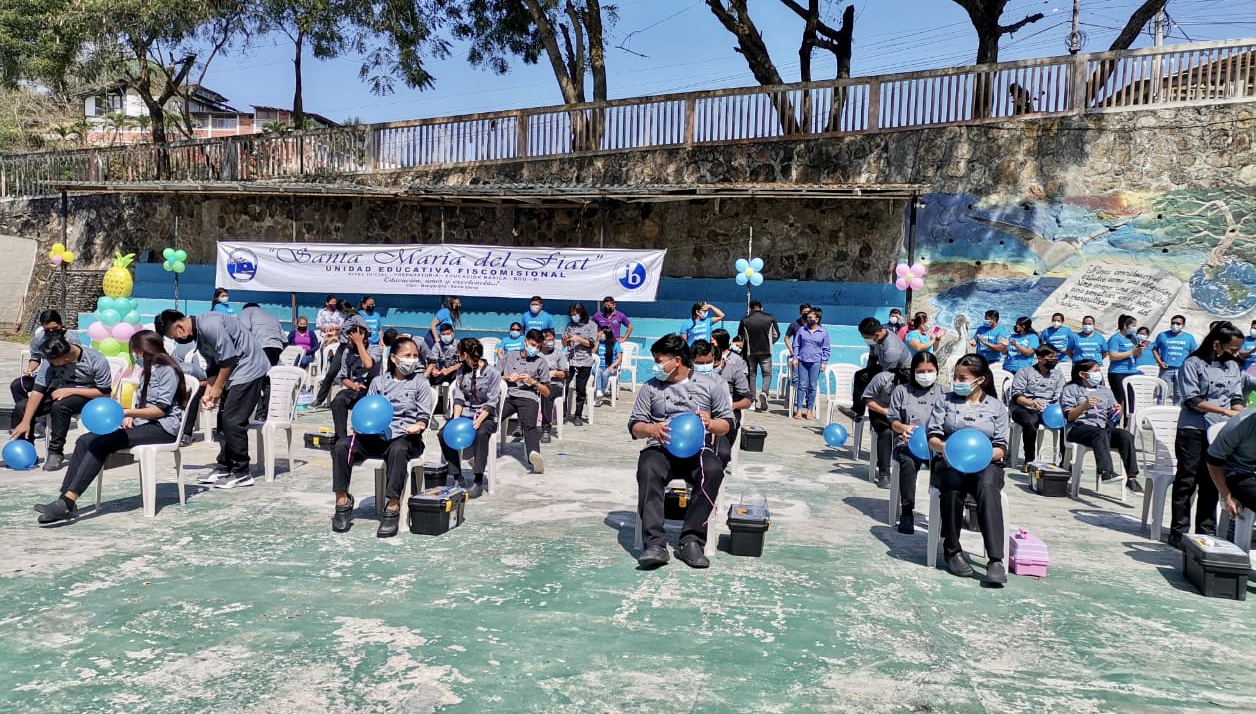
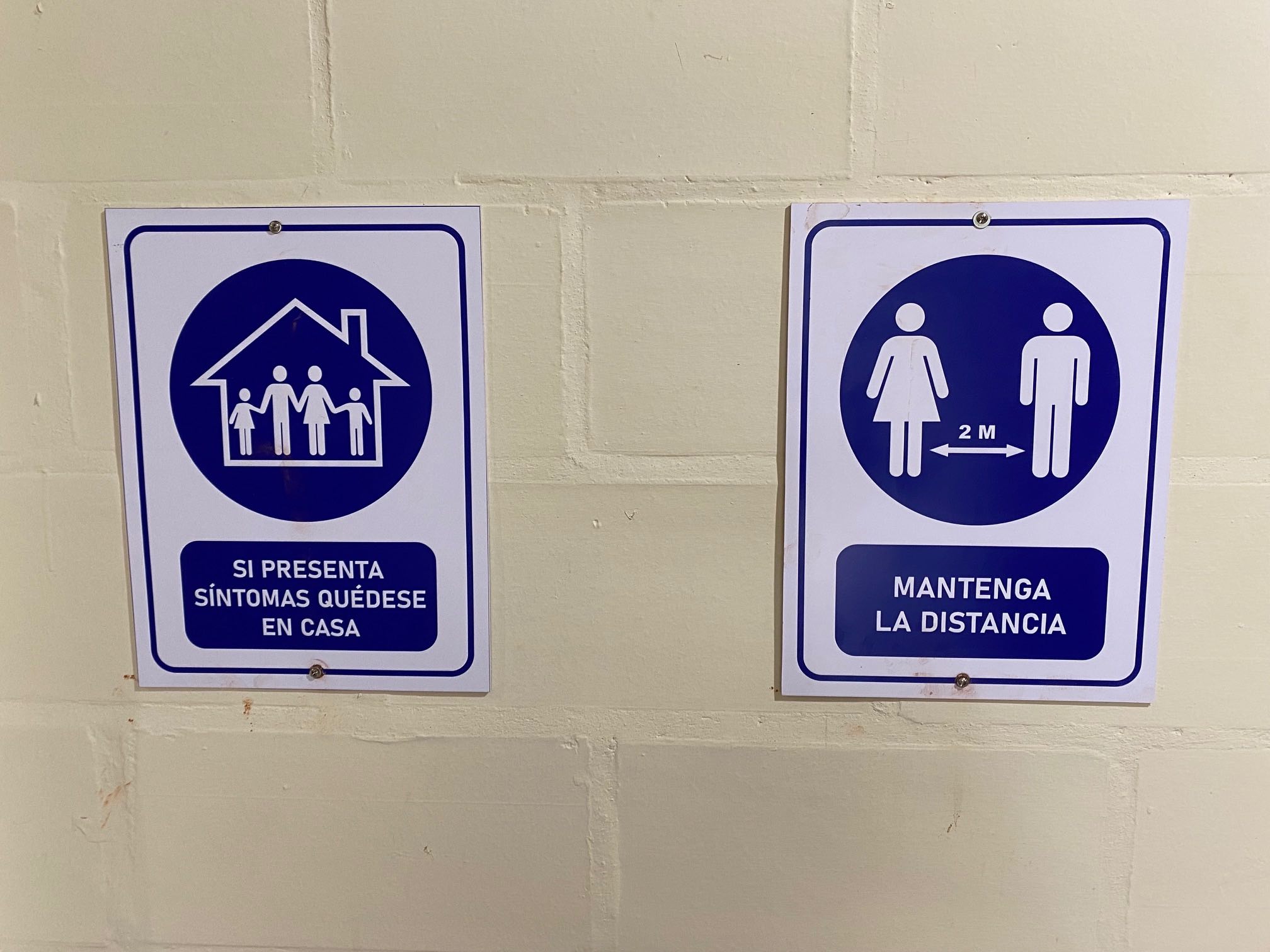
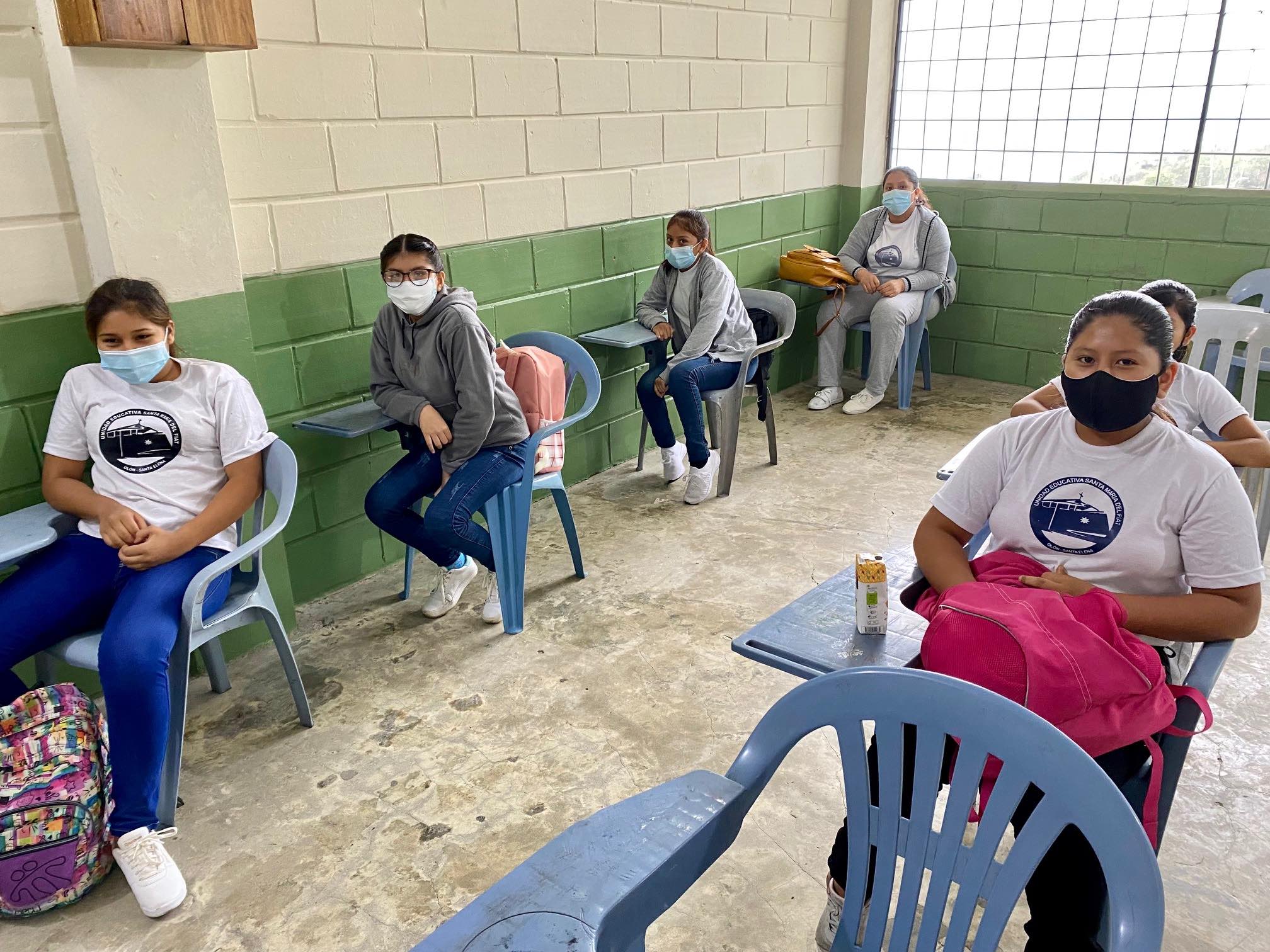
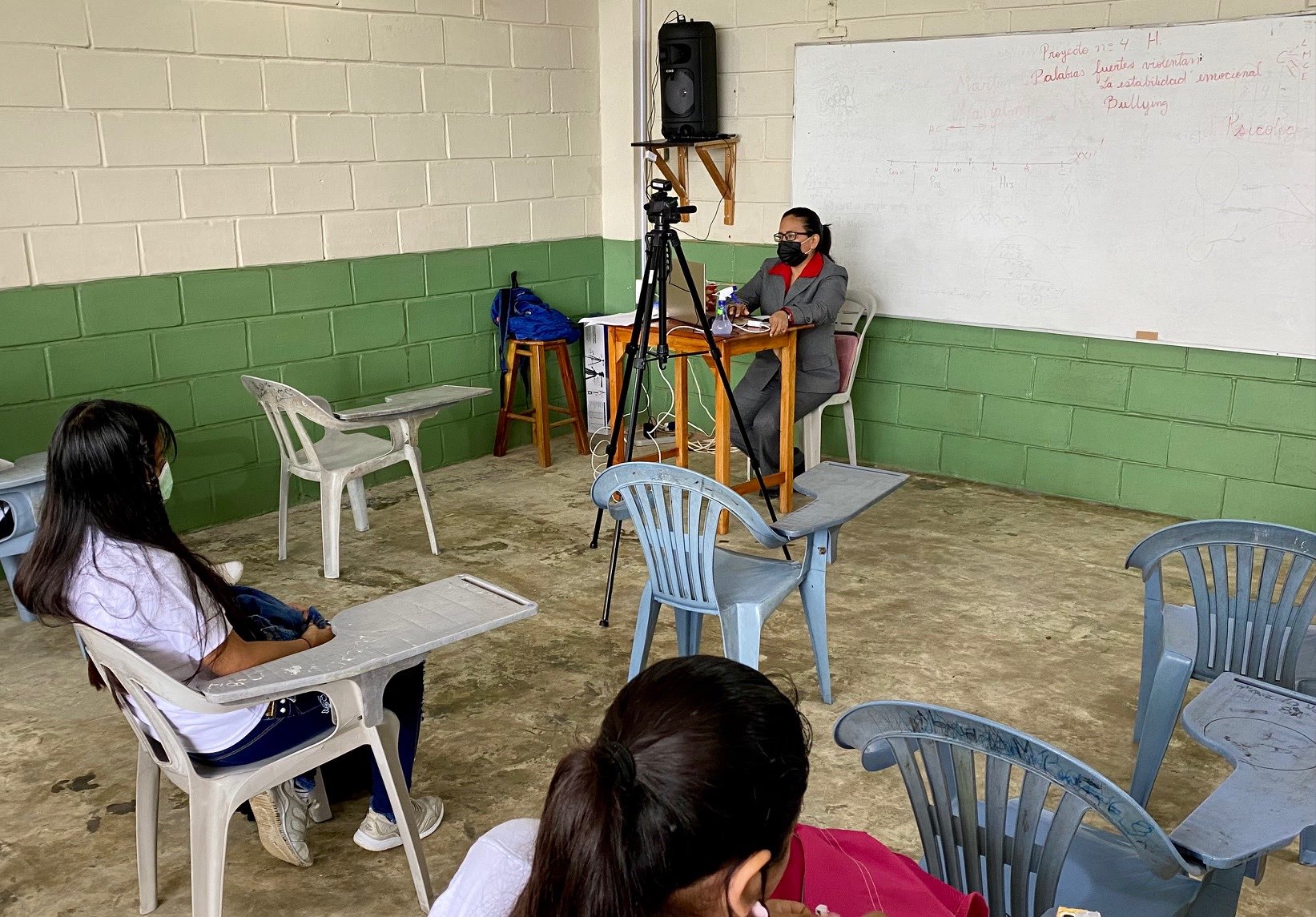
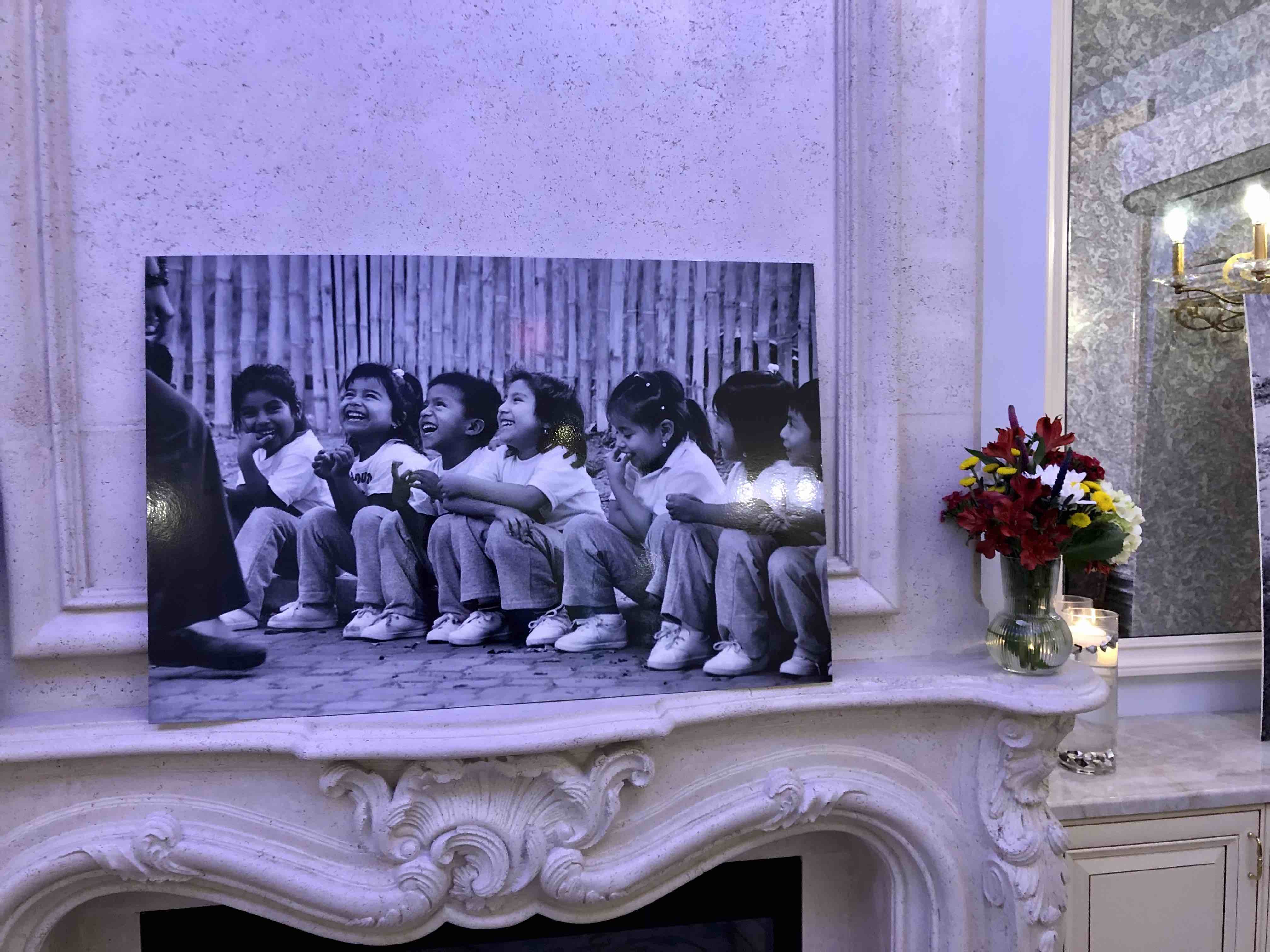
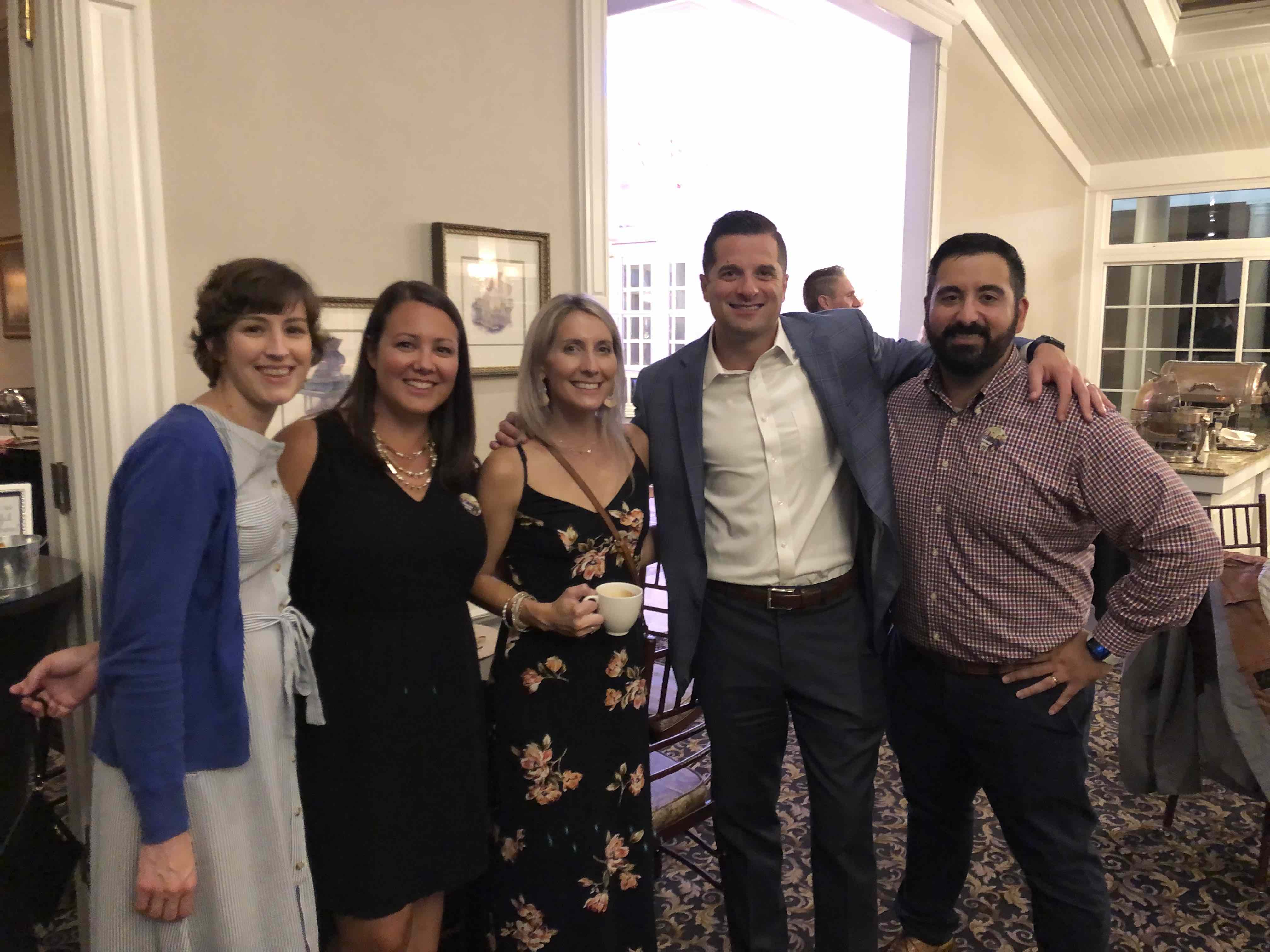

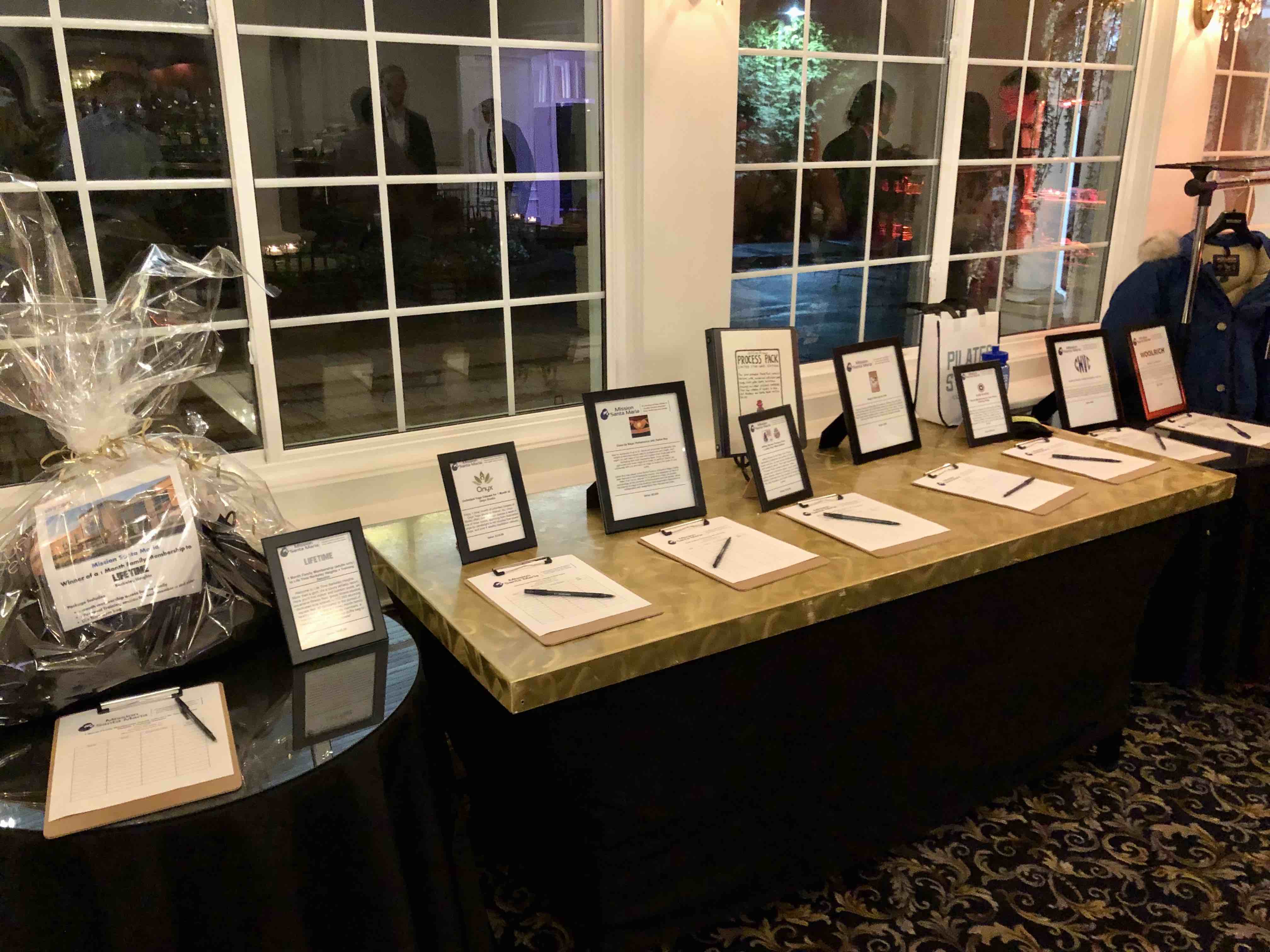
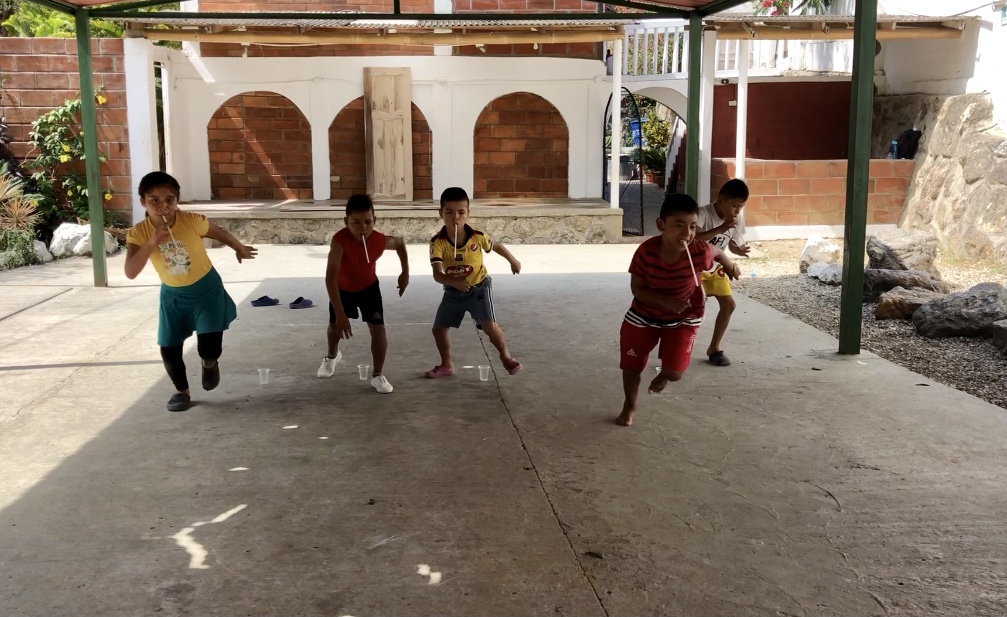
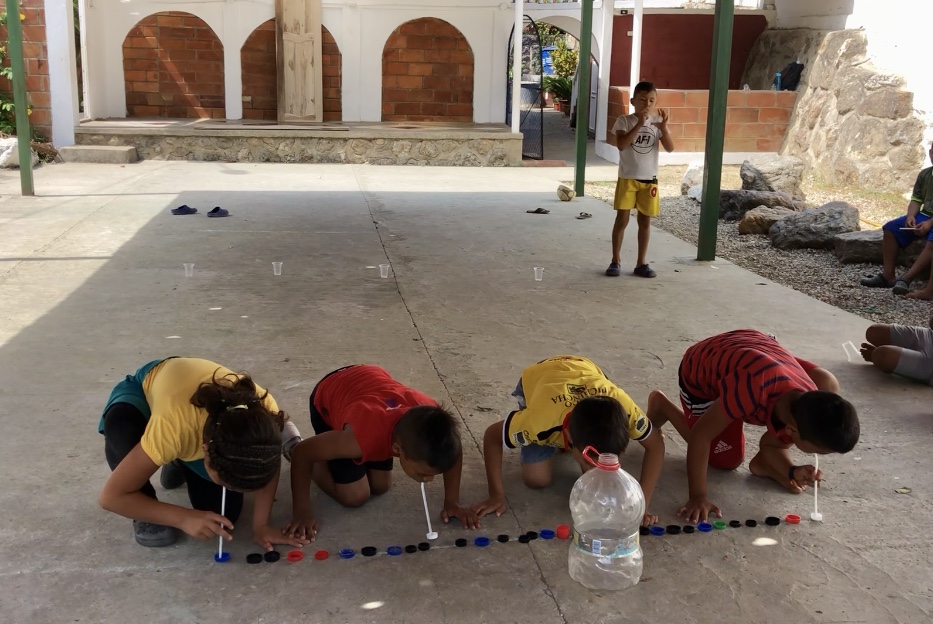
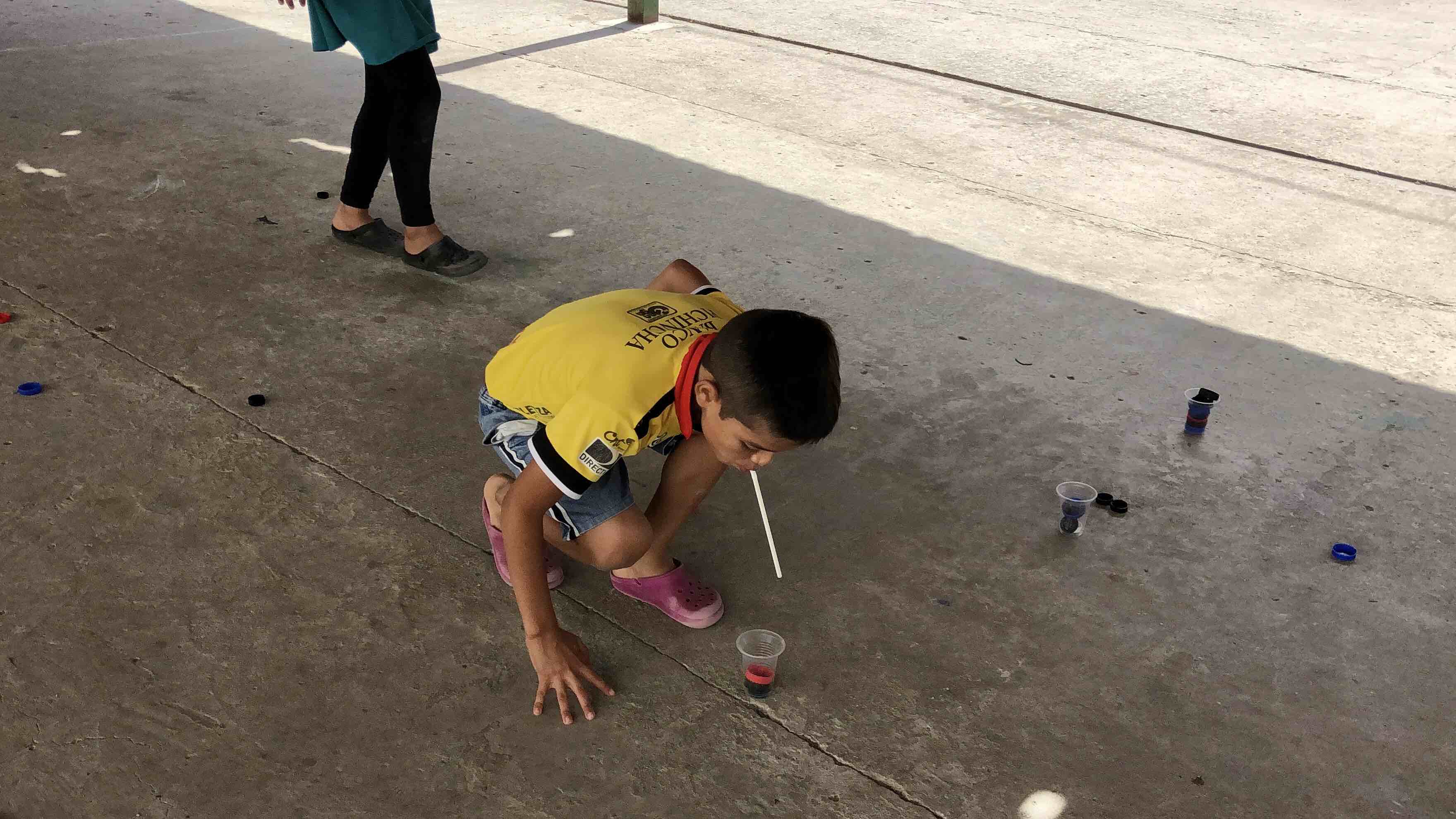
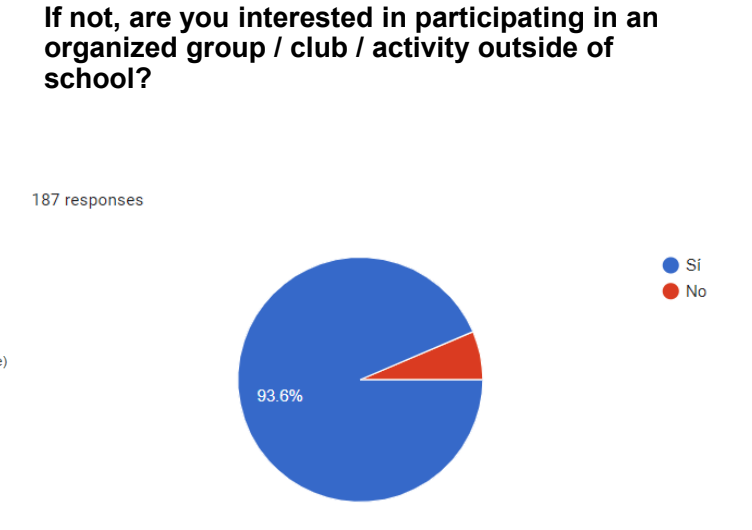



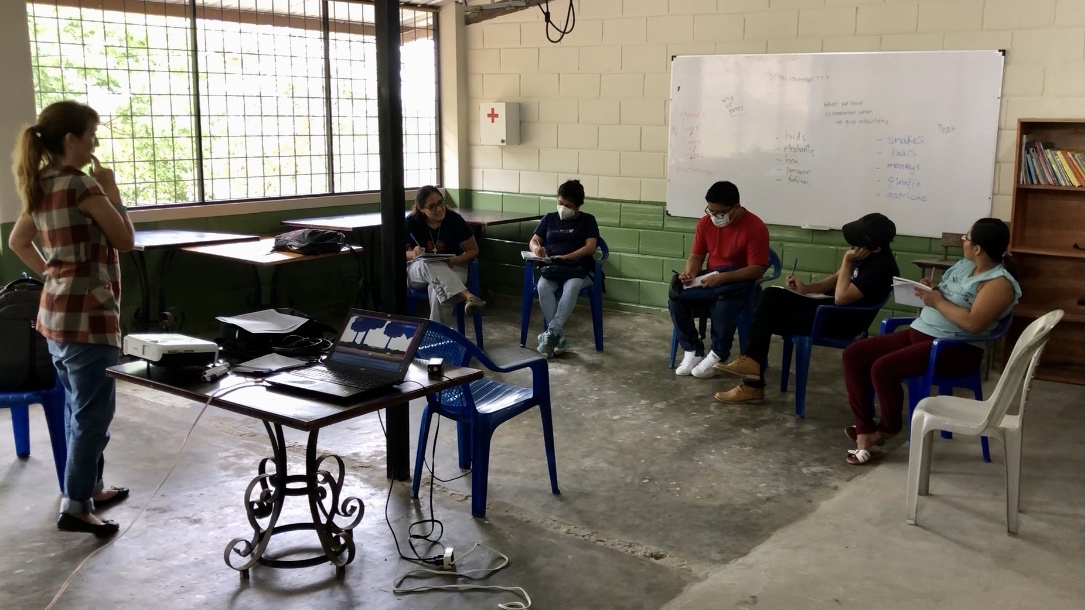
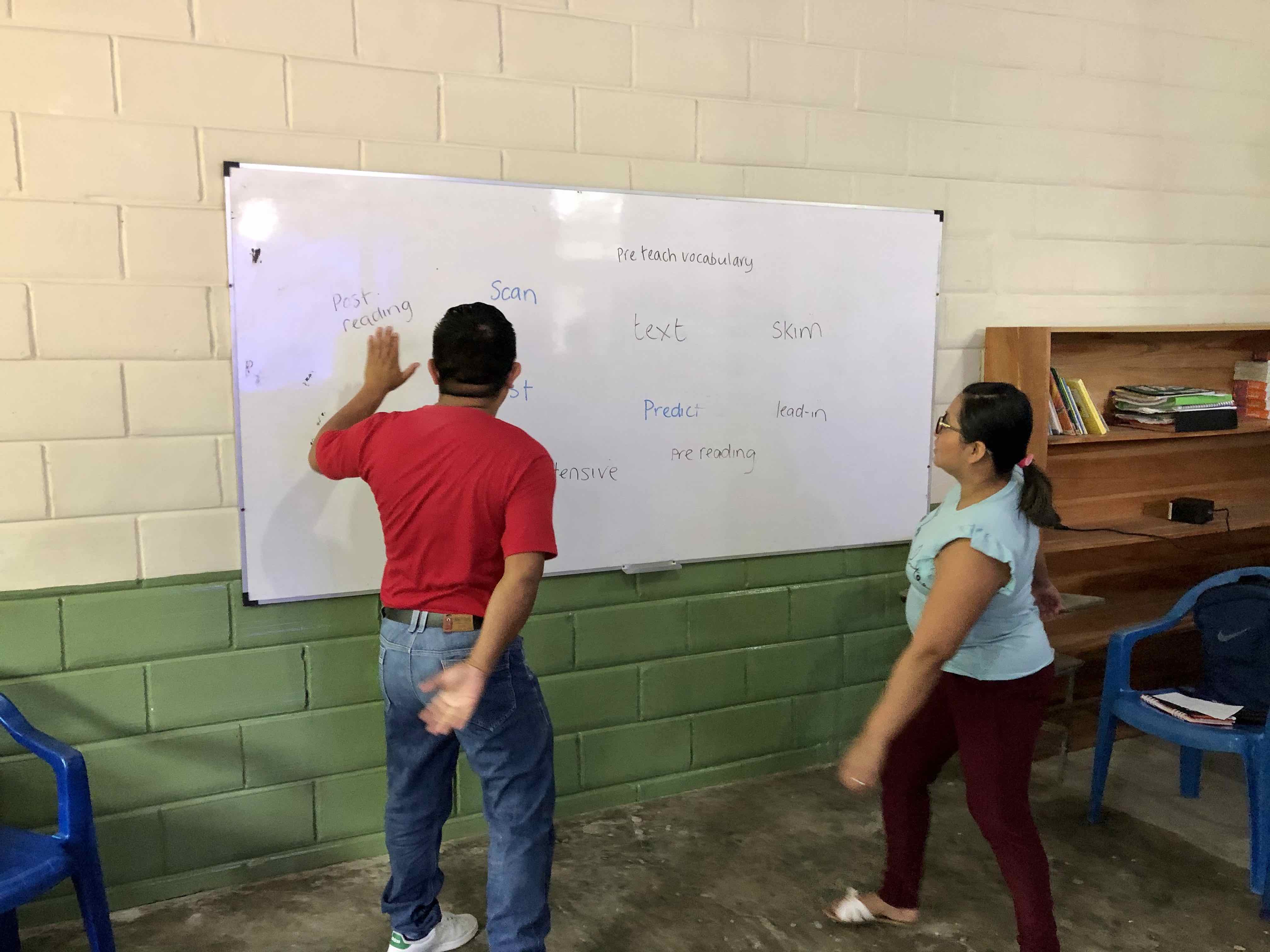
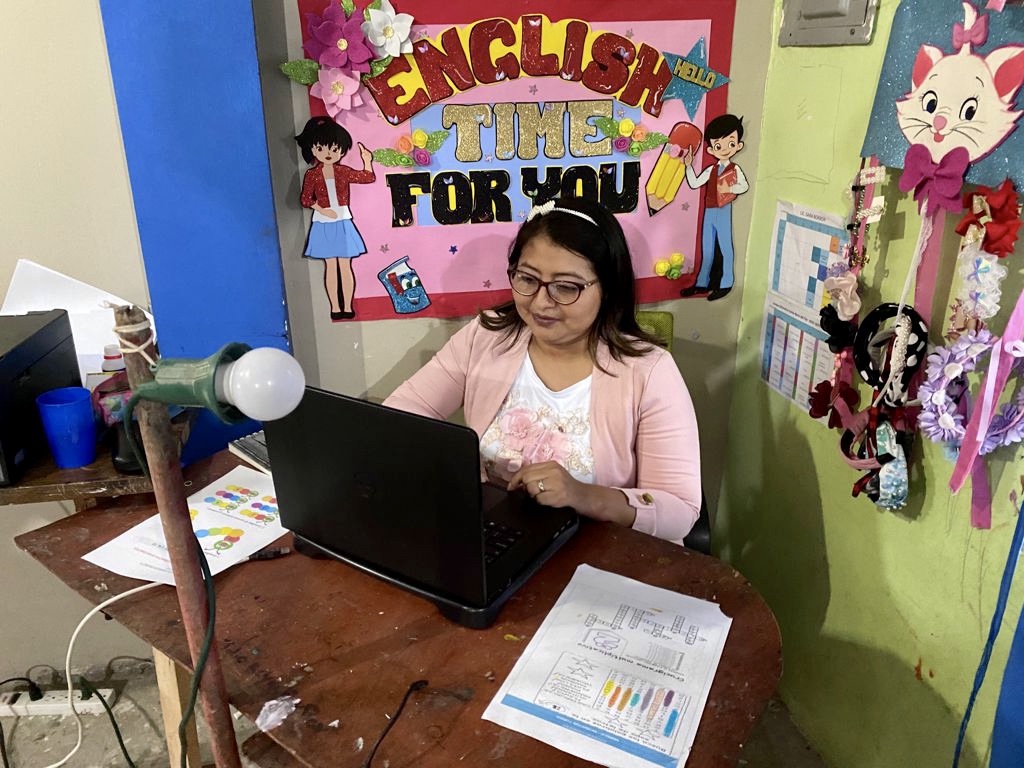
Recent Comments